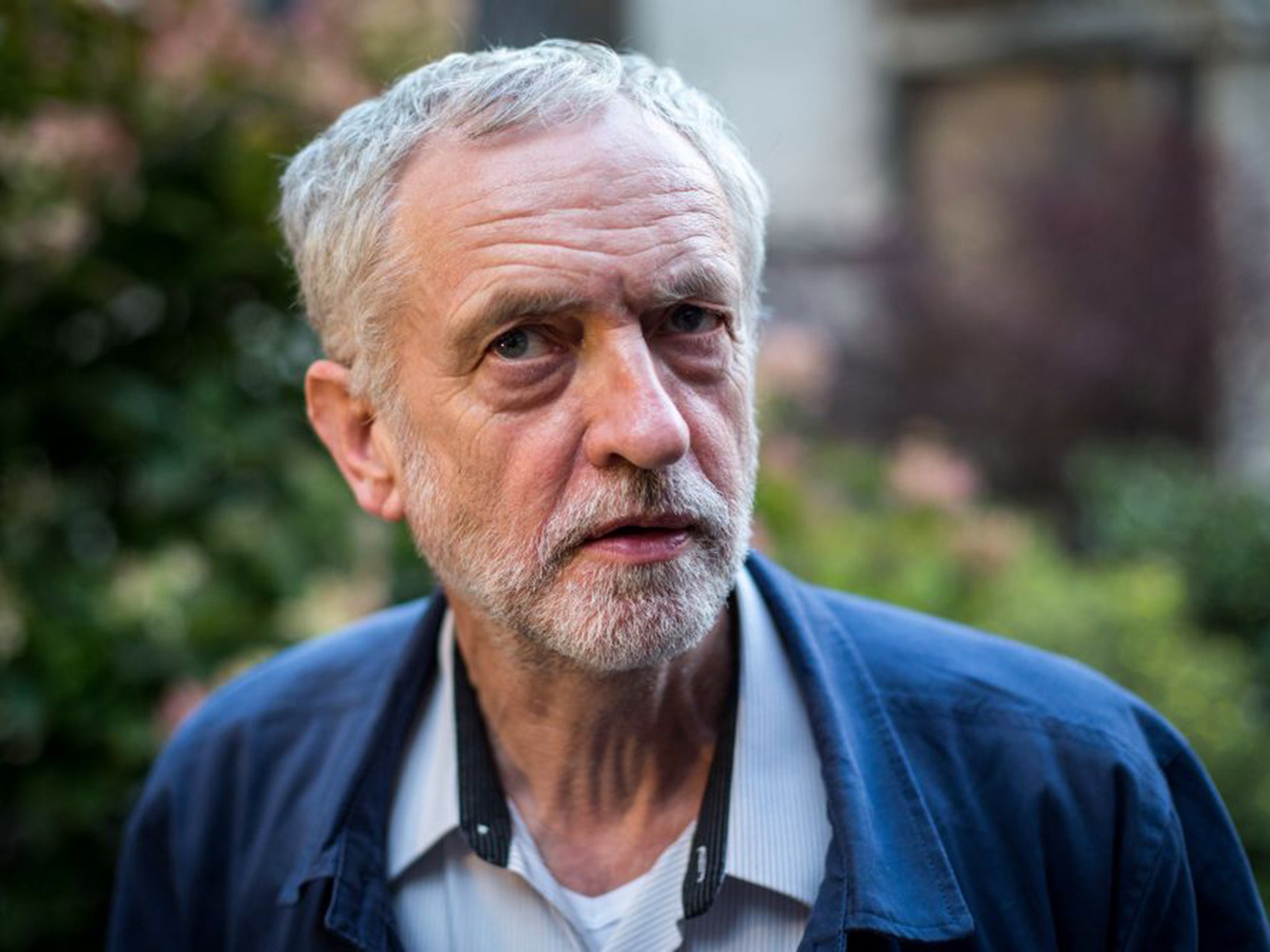Jeremy Corbyn's conference speech must give Labour more than the usual claptrap
Usually, party leaders deal with the gap between activists and target voters by giving the activists in the hall clap lines which do not offend target voters


Jeremy Corbyn’s speech to the Labour Party conference on Tuesday is one of the hardest tests ever set in British politics. Every party leader has to address two audiences in such a speech: the one in the hall and the one in the country, and a good speech has to bridge the gap between the two.
Never has that gap yawned so wide. Corbyn supporters – the 251,000 who voted for him in the leadership election – have very different views from those of swing voters – the eight million who say that they might vote Labour but who aren’t currently intending to do so.
A YouGov poll for the New Statesman last week found that 71 per cent of Corbyn supporters agree that, “for most goods and services, competition among private companies does more harm than good”, while only 25 per cent of swing voters agree. Similarly, 67 per cent of Corbyn supporters say that “the Government should do far more to help the poor, and tax everyone else more to pay for this help”, while only 19 per cent of potential Labour voters agree.
Usually, party leaders deal with the gap between activists and target voters by giving the activists in the hall clap lines which do not offend target voters. After all, a claptrap was originally a rhetorical device designed to draw applause. Or they simply ignore the audience in the hall, who are called upon only to provide a dutiful standing ovation at the end. Or, on some celebrated occasions, such as Neil Kinnock in 1985 or Tony Blair in 1994, the leader has taken on some parts of the audience in the hall and used them as a foil to win the support of other parts – and of the swing voters watching on television. Kinnock did that when he denounced Militant “hiring taxis to scuttle around a city”. Blair did it when he said the party should “say what we mean and mean what we say” about its constitutional aims.
Of these approaches, only the claptrap tactic is available to Corbyn this week. He cannot ignore his activists. They put him there, and one of the marks of his authenticity is his belief in party democracy. The Conservatives don’t bother with such stuff: the leader decides policy. Kinnock and Blair went to some lengths to try to complicate policymaking with a National Policy Forum so that it wasn’t simply decided on the floor of annual conference. But Corbyn comes from the tradition of the Campaign for Labour Party Democracy (CLPD), the pressure group at the heart of Tony Benn’s campaign for the deputy leadership in 1981.
That is why Corbyn cannot opt for what might otherwise be a fourth possible approach to the problem of this week’s speech: not to give one. He could say that it doesn’t matter much, and just speak for 10 minutes. Or he could “do politics differently”, sitting in a chair reading out emails from party members. Or he could say that he’s not going to do a conference speech at all because it is part of the old politics, and have an extended plenary session instead on the interest-rate assumptions behind people’s quantitative easing.
But he cannot do anything like that, because the sovereignty of party conference is a sacred tenet of the CLPD catechism. He has to take it seriously and do the standard slab one-hour talk. They expect it of him. And so, too, do the swing voters who might catch a clip or two on the television news – not that they have even thought about it, necessarily, but they know that a leader’s speech is something that a leader does.
That is why Corbyn has been practising with an autocue. He is astute enough, or he is advised by someone astute enough, to know that memorising a 7,000-word speech to do a “walk and talk” is the really old politics of a few years ago. He, or his adviser, also knows that he cannot busk it as he did at the TUC the other day, ad-libbing from notes, which is presumably how he has always given speeches before, when they haven’t been completely ad-libbed.
The scale of Corbyn’s challenge only became clear to me, however, when I read Phil Collins’s attempt to draft the speech for him. Collins, a speechwriter to Tony Blair who is now a columnist at The Times, is no Corbynite, but he is a professional. He used to call himself a professional ventriloquist until he realised he was calling his boss a dummy. He is a brilliant writer, and even I was swept along a little by the passage that included this rhetorical question: “Is it extreme to say that if the market fails to build houses then we will do it?”
Well, no, but immediately the question suggests itself: “How?” And there is no way Corbyn can satisfy his anti-capitalist supporters and the pragmatic-about-markets swing voters that Labour needs. That is why this is the hardest speech ever. Let us see how he does it.
Twitter: @JohnRentoul
Join our commenting forum
Join thought-provoking conversations, follow other Independent readers and see their replies
Comments
Bookmark popover
Removed from bookmarks